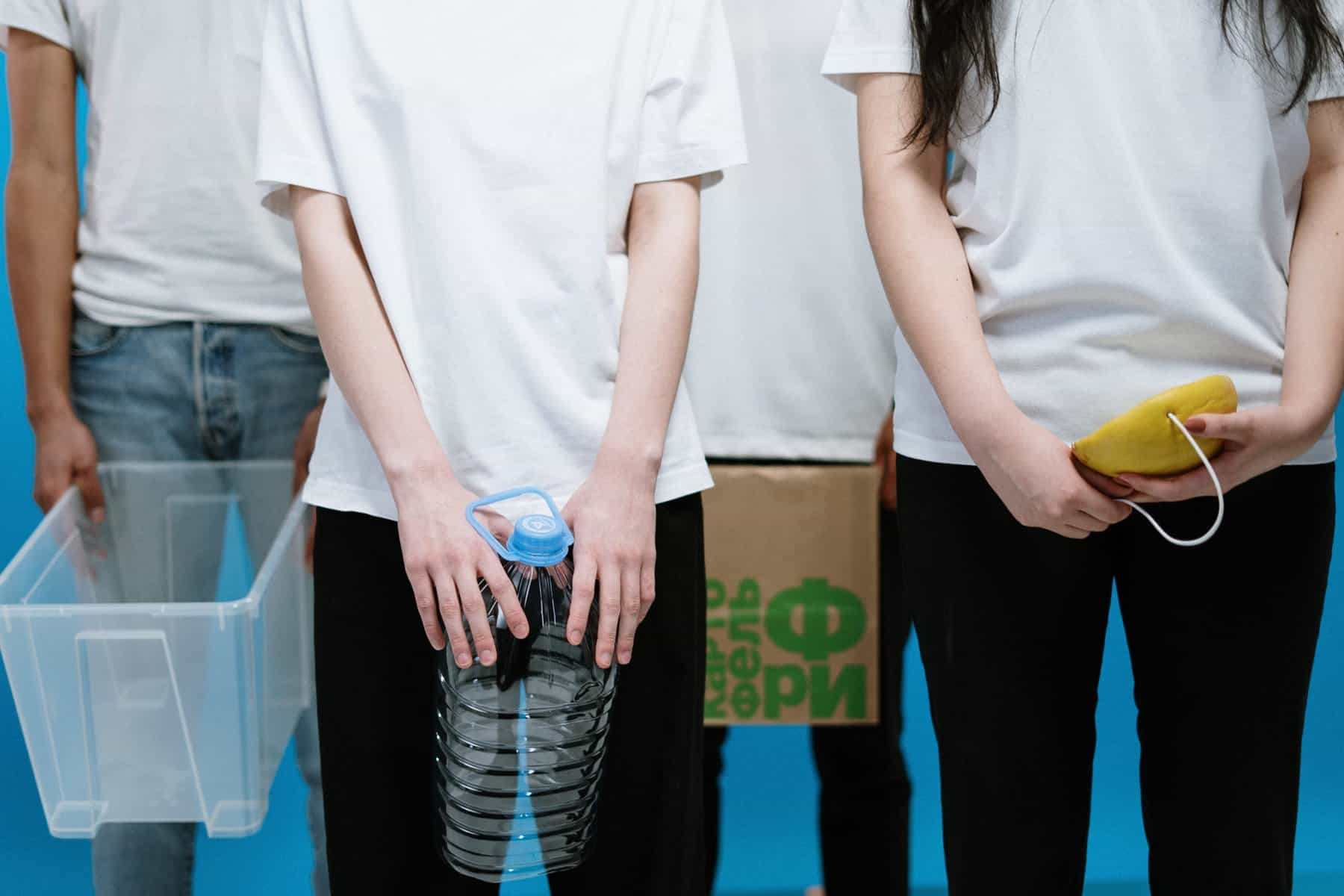Costa Rica’s traditional Romería is one of the most awaited and enjoyed events. After two years of the pandemic, thousands of Catholics walk to Cartago to visit ‘La Negrita.’ This is precisely why the Ministry of Health devised a plan called ‘Eco Romería,’ which promotes the proper management of solid waste by the people who participate in the pilgrimage to the Basilica de Los Ángeles.
The Ministry of Health designed this initiative in collaboration with the Municipalities of San José, Desamparados, La Unión, Curridabat, Montes de Oca, Cartago, The Coca-Cola Company, VICESA, Hidrobag, Ecoins, Aliarse, RED CONCERVA, and the Red Cross.
“The Eco Romería is an environmental strategy. It’s used to educate about proper waste management and the importance of recycling. It is essential for the Ministry of Health to work with Municipalities, companies, and organizations that are supporting these efforts,” said Carolina Gallo Chaves, Vice Minister of Health.
Approximately 30 waste collection points will be set up this year. They will be distributed from the central canton of San José to the Basilica of Los Angeles.
Several companies will make a great contribution to the campaign. Coca-Cola and ALIARSE will offer a total of 60 volunteers for three days. VICAL will give materials, as well as human and logistical resources in the sector of Taras and up to Cartago, giving the pilgrims glass bottles to carry their water.
On the other hand, Hidrobag will donate plastic bags for the containers; Ecoins will strengthen the actions to reduce the amount of waste disposed of in inappropriate areas, promote the cleaning and maintenance of public spaces and educate the population; the Costa Rican Network of Centers for the Recovery of Recoverable Waste (RED CONCERVA) will support during the Eco Romería with volunteers from different parts of the country.
How to correctly sort waste during the Eco Romería?
Green: Organic waste: compostable waste of vegetable origin: food scraps, fruits, vegetables, peels, and garden waste. Food waste of animal origin is excluded.
Blue: Containers: plastic containers, including plastic bottles, plastic bags (low-density polyethylene and high-density polyethylene), PVC, polystyrene, and polypropylene.
Yellow: Aluminum: Aluminum cans: includes food and beverage containers, beer cans, soda cans, and energy drinks. Aluminum foil used in kitchens is not included.






